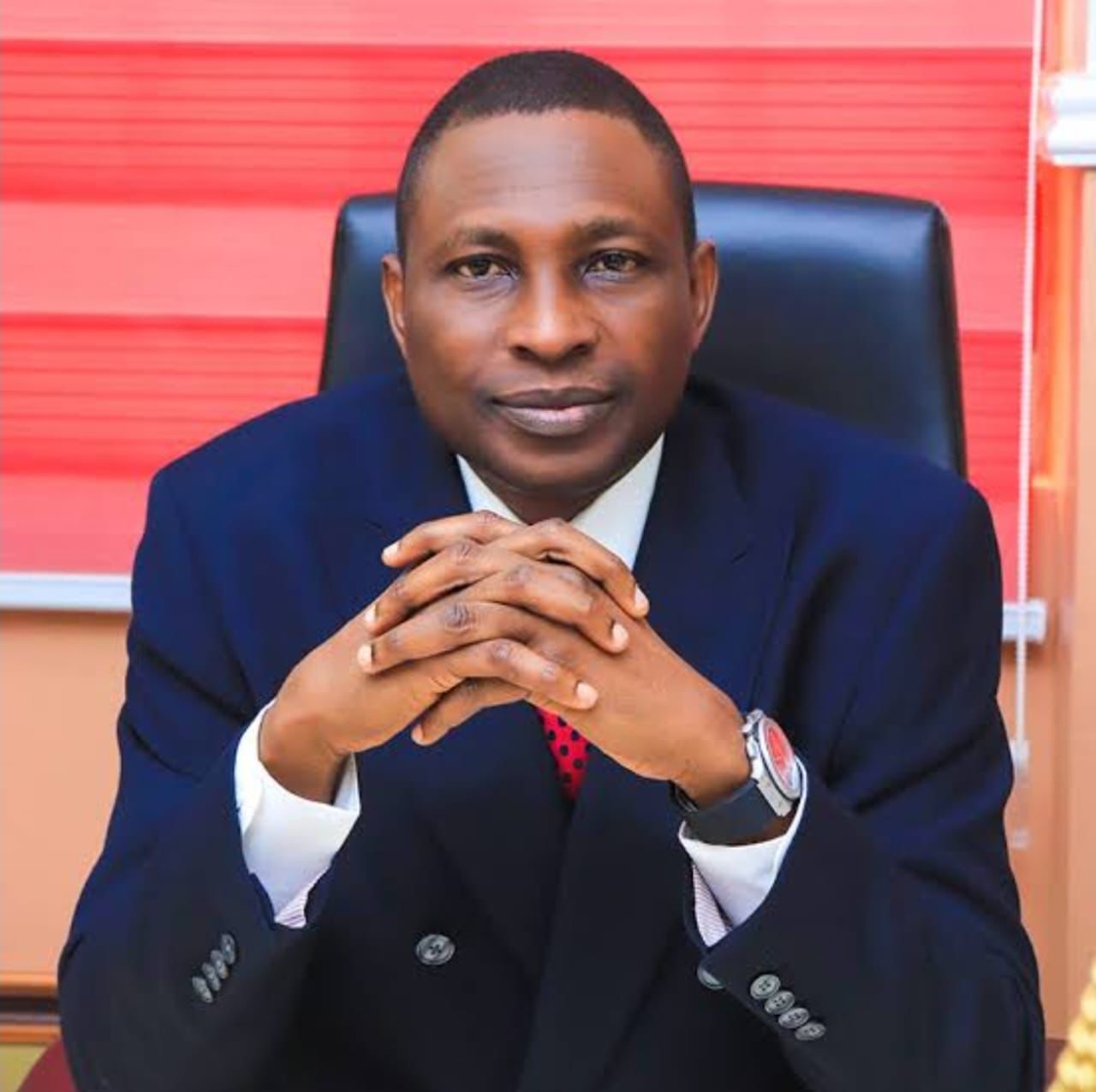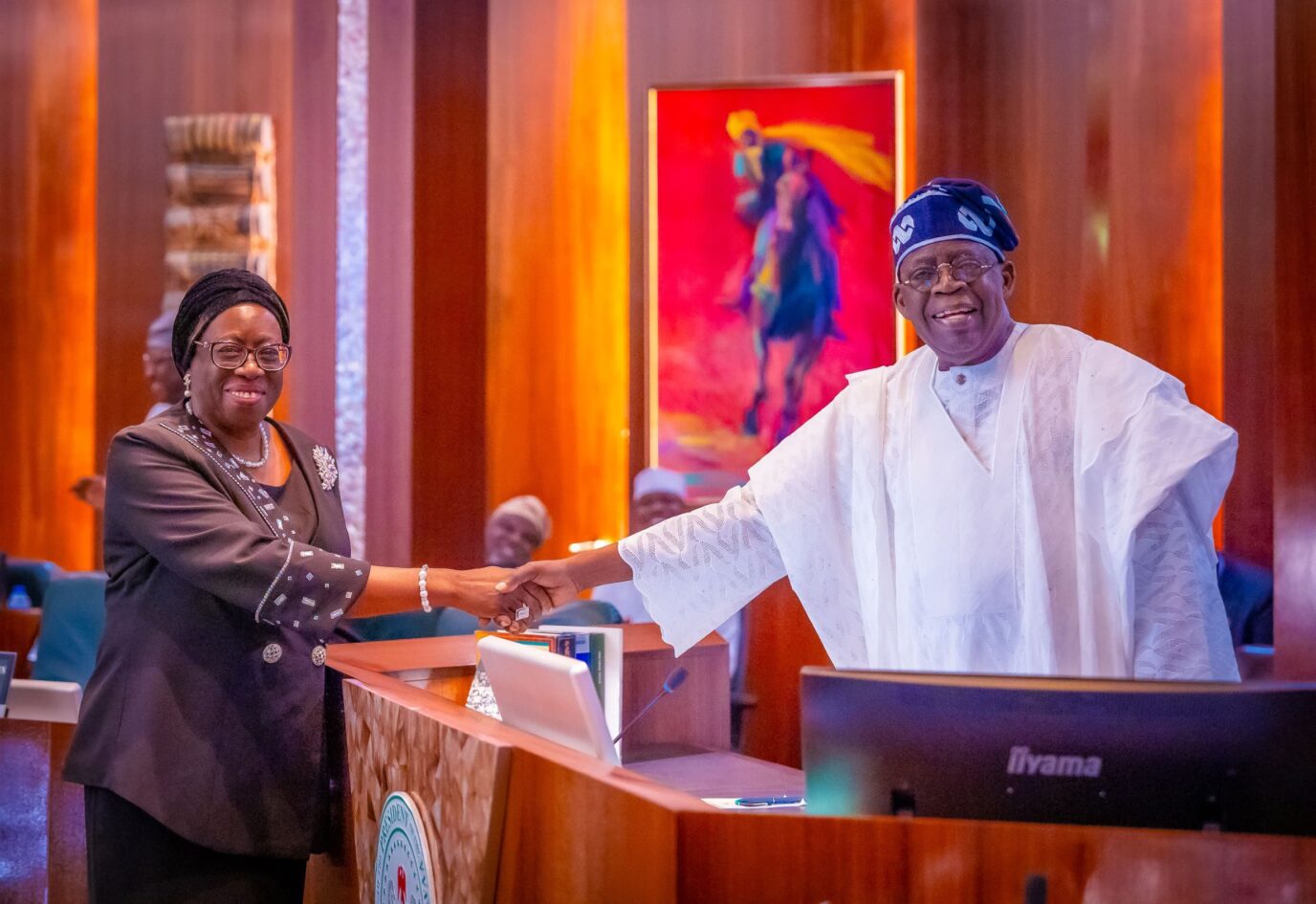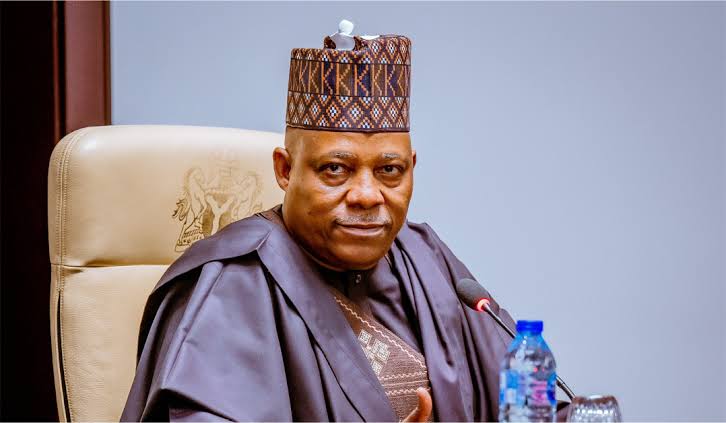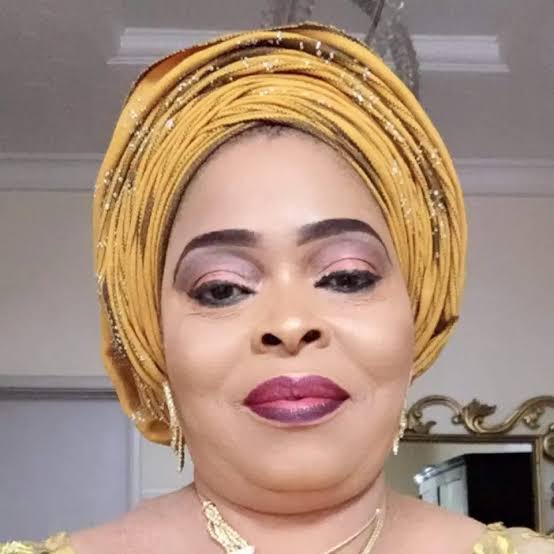The Kogi State House of Assembly has faced widespread condemnation from lawyers, rights activists, and social commentators for demanding the removal of Economic and Financial Crimes Commission (EFCC) Chairman, Ola Olukoyede. Critics have labeled the allegations against Olukoyede as baseless and accused the lawmakers of betraying their constituents’ interests.
On Monday, during a plenary session in Lokoja, the state assembly passed a resolution criticizing Olukoyede’s handling of the case against former governor Alhaji Yahaya Bello. The lawmakers described the EFCC’s approach as unprofessional and condemned what they termed an “unprovoked attack” by EFCC operatives on the Kogi State Government Lodge. They viewed this action as an assault on current Governor Ahmed Ododo and the people of Kogi.
The assembly went further, accusing the EFCC of attempting to assassinate both the former and current governors, asserting that the investigation into the former governor had persisted for too long and should be concluded.
However, legal experts and activists have swiftly responded, questioning the assembly’s motives and authority:
Maduka Onwukeme, a lawyer, stated, “Legally, the value of this resolution is less than the value of the paper it is written on.” He emphasized that the EFCC, created by the National Assembly, cannot be questioned by a state assembly. Onwukeme urged the lawmakers to focus on legislative issues directly impacting Kogi residents.
Chijioke Ifenkwe, another lawyer and rights activist, described the situation as “theatrical,” suggesting that the assembly should prioritize recovering state funds rather than protecting the former governor.
Chief Gani Kayode Balogun, a social critic, called the scenario a “sad development.” He pointed out that the state assembly lacks the constitutional power to call for the EFCC chairman’s removal. Balogun also criticized former governor Bello for his response to the EFCC invitation, stating that Bello was not the first governor to be invited for questioning and should honor the invitation without theatrics.
The controversy highlights tensions between state and federal authorities in Nigeria’s anti-corruption efforts. It also underscores the complex political dynamics often surrounding investigations into former government officials.
As the situation unfolds, many observers are calling for a focus on transparency, due process, and the rule of law in addressing corruption allegations, regardless of the political affiliations involved.







